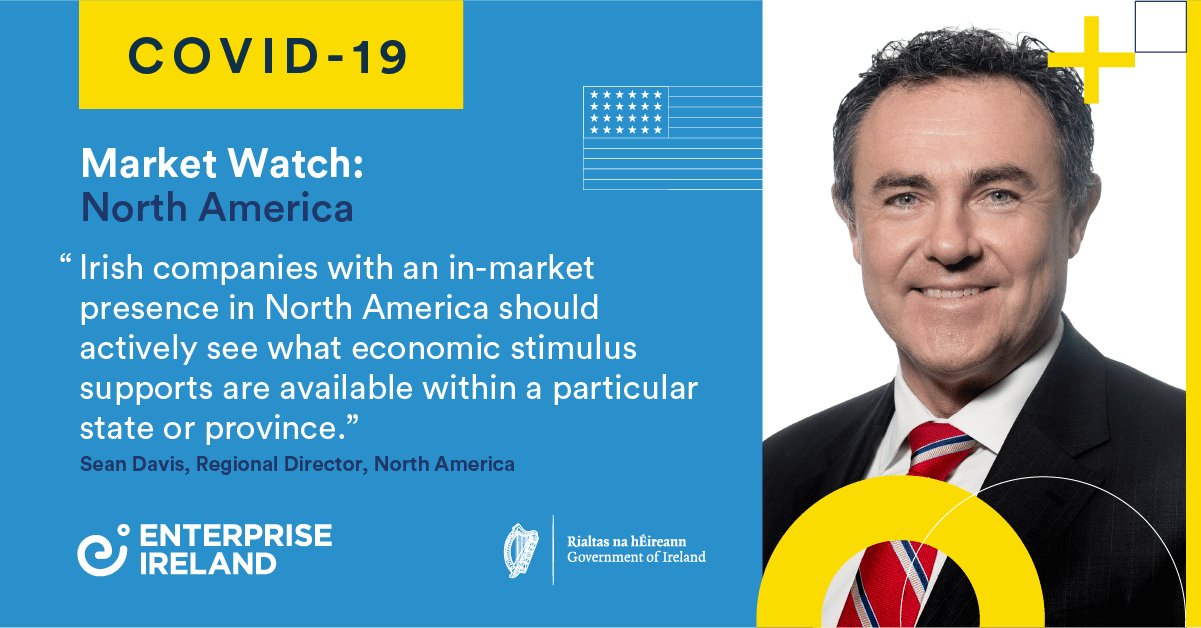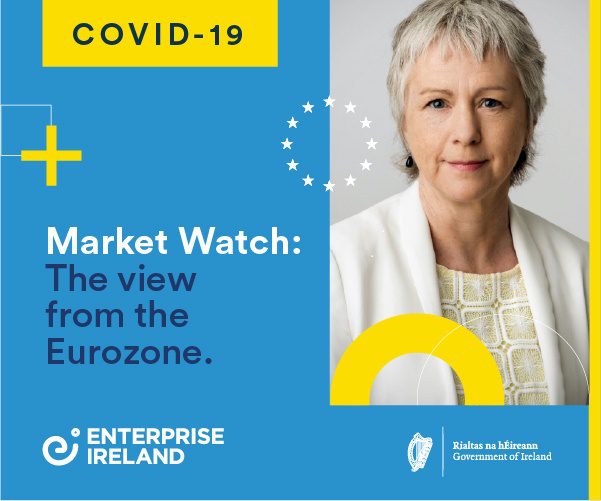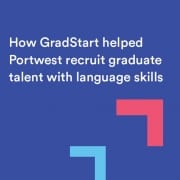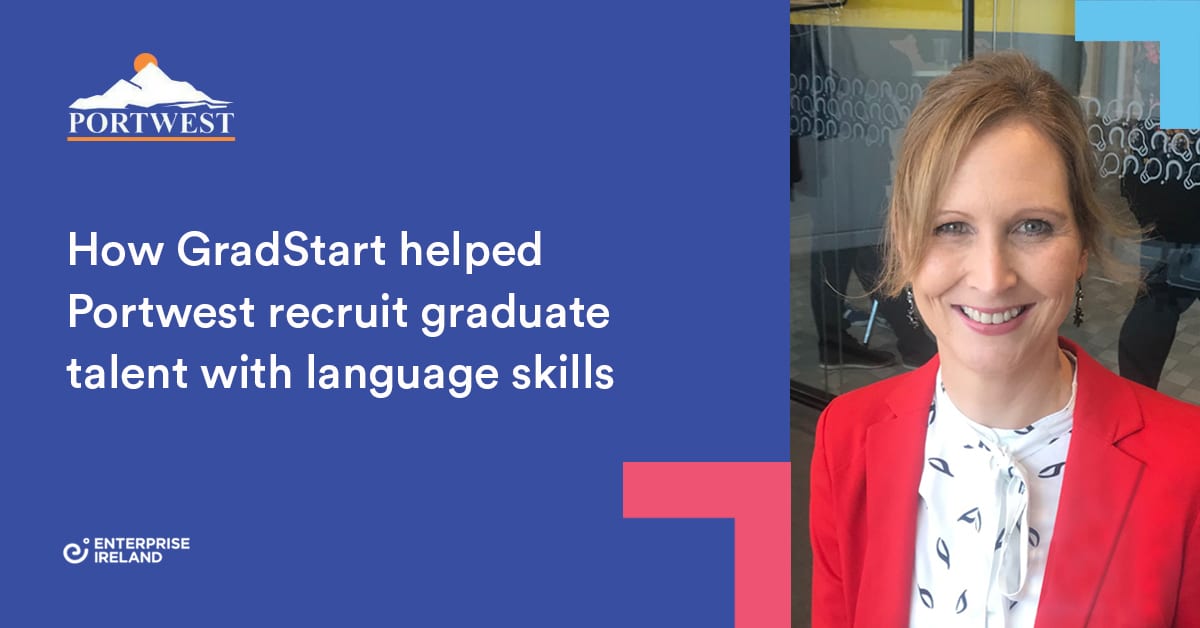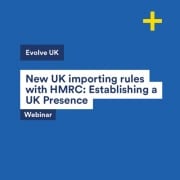Market Watch – A view from North America
North America, like the rest of the world, has been seriously impacted by the outbreak of COVID-19 and Sean Davis, Enterprise Ireland Regional Director of North America, says while there is no certainty in business at the moment, Irish exporters should seek to reassure their US customers.
Key Takeaways
- The situation is changing daily but most states are operating on a work-from-home basis.
- Travel and supply chain disrupted in many areas.
- Irish exporters are advised to keep in contact with their North American clients, be aware of their situation and the need to communicate more personally via telephone or video link.
- Business is still moving so Irish exporters are encouraged to adapt where possible and utilise time wisely in order to be ready for any business which should arise.
“It’s an evolving situation across North America but for the most part there are work-from -home requirements in most jurisdictions across both the US and Canada,” he says. “Travel is heavily restricted, and there is some supply chain disruption, also your customers are busily working to stabilize their own businesses. There is also uncertainty and fear of the unknown, along with customer cash flow disruption and in some cases contract negotiations frozen.
“With this in mind the focus of activity for Irish exporters should be around three pillars – stabilise, reset and recover, which in the immediate term, means stabilise. So staying close to customers and key strategic partners is vital, as is being aware of their situation, i.e. in addition to shared commercial challenges being able to connect by having an understanding of the specific impact of this crisis in their town or city is an important demonstration of empathy at a critical time
“We are seeing instances where contacts in some NA companies we are close to have been directly and profoundly affected personally by Covid-19, so again situational awareness is important and as much as possible communication needs to be via telephone or video conference as it is much more personal, empathetic and engaging.
“But brevity is key when it comes to the US and while many people are working from home, they are still time poor, so it’s important to keep things brief – to quote Franklin D. Roosevelt ‘Be sincere, be brief, be seated’.”
Davis says that the Reset and Recover phases will be more successful if companies use the stabilise period to accumulate as much market and customer intelligence as possible.
“This is an important time to identify where your company and product offering might have to pivot in order to be ready,” he advises.
“North America is an enormous economy, over $25TRN, and the US is the second largest single export market for Irish companies so despite the challenging times there will be huge market opportunity to develop as we recover and re-emerge. So any movement which demonstrates a willingness, where possible, to share some of the burden created by cash flow or credit terms is beneficial.” says Davis.
“But don’t over-extend your company’s credit terms either; this is a rapidly evolving situation and cash flow is crucial. Any Irish companies with an in-market presence and employing in the region, especially those with significant deployment, should be actively looking at what supports are being made available whether through economic stimulus packages or through funds available to support key sector strategic priorities within a country, state or province.”
Enterprise Ireland has seven offices across the region with teams ready to support their client companies throughout this journey.
“We have developed and completed a six-part webinar series called “Reliance and Adaptability in Extraordinary Times” led by a series of key opinion leaders in areas such as Leadership and Communication, Crisis Communication and Creating a New Narrative,” says Davis. “Our teams are working on a one-to-one basis with clients through key areas and deliverables. And for significantly impacted sectors, we have delivered, and are working on, other webinars bringing client companies and subject matter experts together.
“On a weekly basis, we are gathering market and sector intelligence which is being collated centrally in HQ and distributed via our colleagues in Ireland to client companies.”
While not all sectors are impacted equally, Davis says there are still opportunities available and companies are still signing new business by solving problems, delivering innovation and fostering good partnerships
“Not everything has ground to a halt,” he says. “So I would advise companies to pivot effectively, use our market research centre as it’s a prime time for under-utilised members of staff to build valuable market intelligence or look at opportunities in other North American geographies you have not previously considered.”
“North America is a vast economic and geographical landscape which is likely to emerge from the current crisis in different stages and in different states (US) or provinces (Canada), hence some markets are likely to enter that Recover phase sooner than others and our network will be able to advise and support as this happens.”


